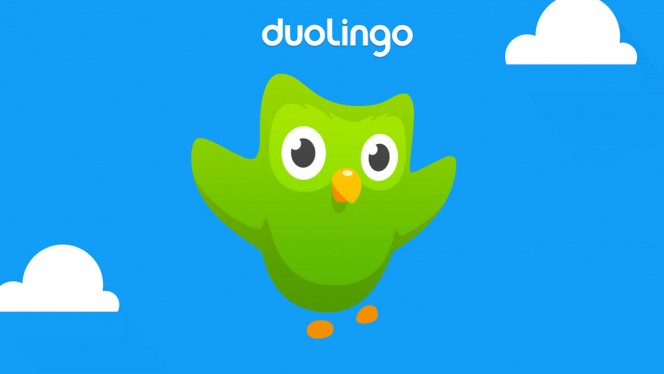
How Language-Learning App ‘Duolingo’ Crowdsources Its Content
Duolingo, one of the world’s most popular language-learning apps, has a revolutionary way of serving up millions of sentences to its users per day: “turning the online crowd into the basis of the business model.”

A new report from Quartz explains how Duolingo, a freemium language-learning platform primarily used on mobile devices, creates, curates, and monitors its content through a vetted group of volunteers, or “Global Ambassadors,” as the company calls them.
While translation services like Google Translate have relied on algorithms for years, humans are still essential to achieve precise-enough translations for language learners. In Duolingo’s case, crowdsourcing has proven to be crucial. According to the company, it’s mission is to make “language learning free and accessible for everyone in the world.”
Initially, Duolingo‘s content came from free online sources such as “blog posts, Wikipedia entries, commercials, news articles and other free content.” This format was eventually dropped in favor of volunteer-generated free content.
“Duolingo makes this structure work by appointing volunteer contributors and moderators, who apply through its website, to oversee course creation and discussion forums in each language,” reads the report. “The company says volunteers are vetted for language skills, and then trained on subjects from pedagogy to guidance dealing with gender, diversity, and cultural sensitivity issues.”
Volunteers’ work is then fed into Duolingo’s language database, where hundreds of other volunteers are then able to write and translate thousands of phrases and sentences. At this point, Duoling’s algorithms pull from said database to create “interactive cards, with users’ courses personalized based on their past performance.”
Crowdsourcing content is a potential aid for avid language learners, says Melissa Baese-Berk, an associate linguistics professor at the University of Oregon, adding that even experts don’t have a perfect grasp on the best ways to convey the nuances of foreign languages to non-native speakers. “Everyone is really an expert in [your own] language whether you know it or not,” she says. “What linguists are trying to figure out is how we are experts about language.”
While Duolingo can certainly be an extremely helpful aid in learning a language, it cannot replace the real thing. “The most effective way of learning a language is immersion,” says Baese-Berk.

